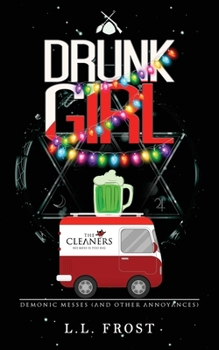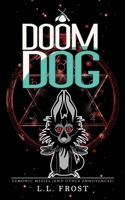Drunk Girl: Demonic Messes (And Other Annoyances)
(Book #0 in the Demonic Messes (And Other Annoyances) Series)
Select Format
Select Condition 
Based on Your Recent Browsing
Book Overview
The paranormal world is a messy place, and keeping regular humans from discovering demons exist isn't the easiest job. But Pen, Flint, and Marc have been cleaning up messes for the paranormal for a long time, so Pen doesn't hesitate to take a job on Christmas Eve, much to her partners' dismay. When the simple retrieval job heads south, the Cleaners team find themselves dodging police while the bodies start piling up. Can Pen hope to spend Christmas Day with her men, or will they all find themselves in lockup, or wore, dead?
Format:Paperback
Language:English
ISBN:B09PHJRLQ9
ISBN13:9798793974813
Release Date:January 2022
Publisher:Independently Published
Length:90 Pages
Weight:0.23 lbs.
Dimensions:0.2" x 5.0" x 8.0"
Customer Reviews
6 customer ratings | 5 reviews
There are currently no reviews. Be the first to review this work.






















